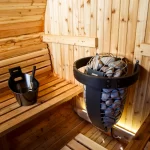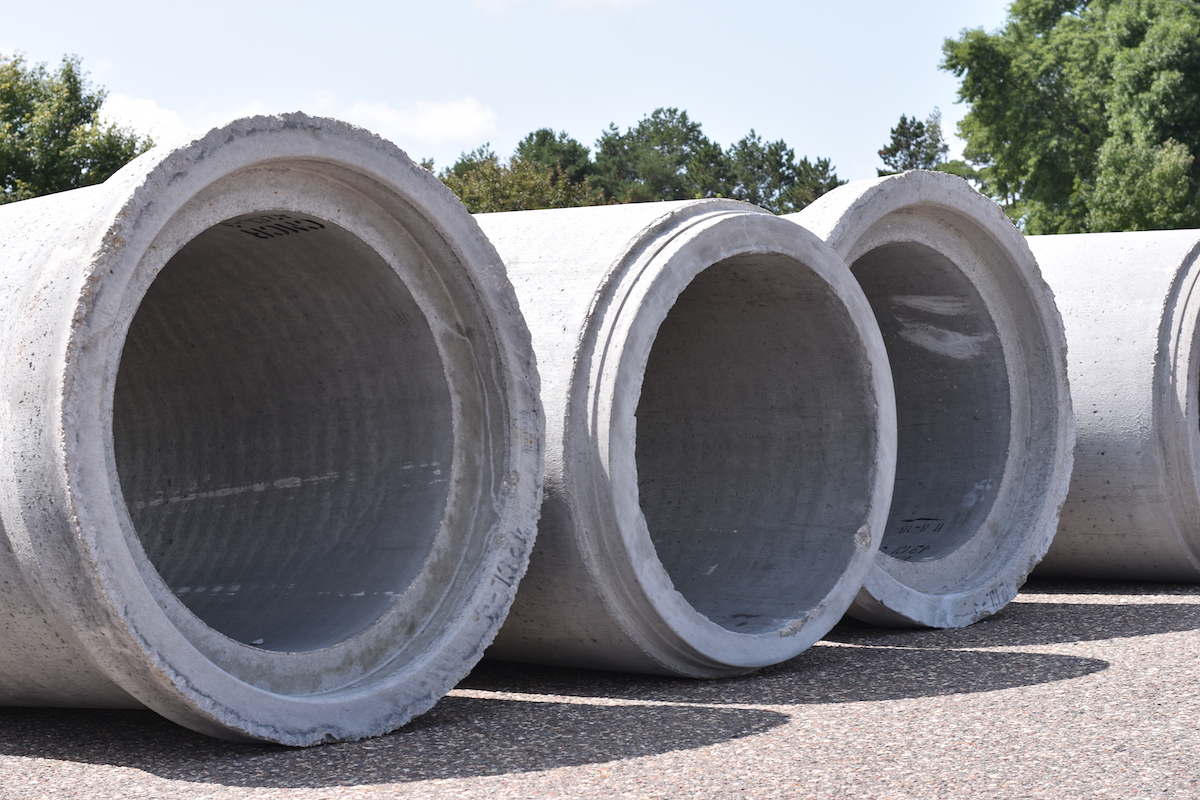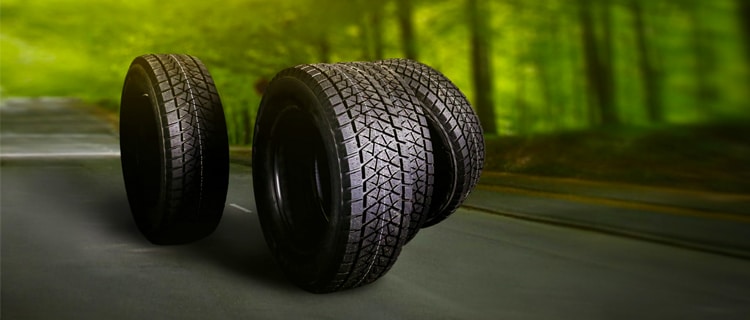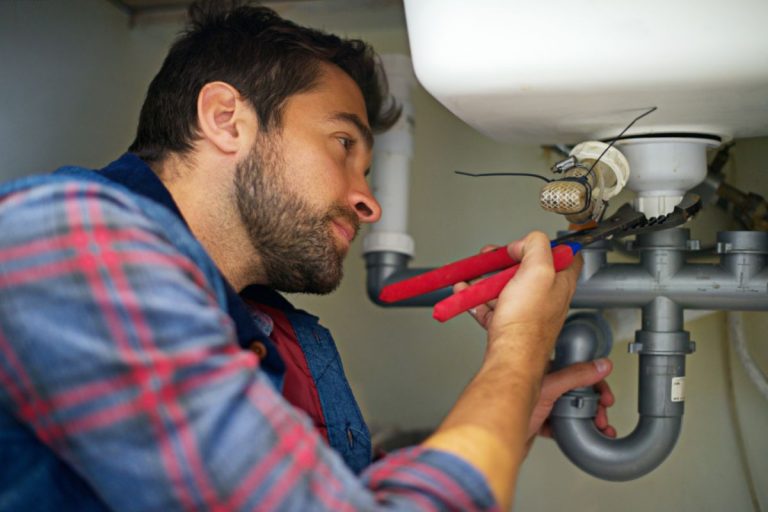Concrete pipe has been used in various construction projects for many years. Concrete pipes have many benefits, including durability, flexibility, ease of installation, and cost-effectiveness. Concrete pipes can be used for various applications such as storm drainage, sanitary sewer, and culverts. The following are benefits of using concrete pipe:
Durable:
There are many benefits to using concrete pipes over other types of pipes. Concrete pipes are more durable and have a longer lifespan than other types of pipes. They are also less likely to leak, saving money on repair costs. Concrete pipes are also easier to clean and maintain than other types.
Cost-effective:
There are many benefits to using concrete pipes over traditional materials like metal or plastic. Concrete is much more durable and will last longer, even in high-stress environments. Additionally, concrete is a very versatile material used in various applications, including drainage, sewerage, and irrigation.
Another major benefit of using concrete pipes is that they are highly cost-effective. In most cases, the initial investment is lower than other pipe materials. Additionally, concrete pipes require less maintenance over time, which further reduces costs. Studies have shown that the life cycle costs of concrete pipes are often 20-40% lower than those of alternative materials. Overall, concrete pipes offer several advantages in terms of performance and cost.
Strong:
There are many benefits to using concrete pipes, including their strength. Concrete pipes are designed to withstand high-pressure levels and are often used in water and sewer systems. They are also frequently used in construction projects, such as roads and bridges.
Concrete pipes are cement, water, and aggregate (sand or gravel). This mixture is placed into a mold or pipe form and allowed to harden. The concrete can be pre-stressed or reinforced with steel to increase its strength. Concrete pipes have a smooth inner surface that is less likely to corrode than other pipe materials.
Concrete pipes have a long lifespan and require little maintenance. They are not susceptible to damage from freeze-thaw cycles or ground movement, making them an ideal choice for underground applications.
Easy to install:
Installing concrete pipes is easy and doesn’t require any specialized skills or equipment. It makes them a great choice for do-it-yourself projects. Concrete pipes are also very durable and have a long lifespan. They can withstand high water pressure levels and are not prone to corrosion or leaks.
Economical
Economically, Compared to other types of pipe materials, concrete pipes are very economical. They can be used for indoor and outdoor applications, which can help you save money. Concrete pipes are also easy to repair and require little maintenance.
Conclusion:
There are many benefits to using concrete pipes. They are strong and durable so that they can withstand the elements and the pressure of water or other liquids. They are also resistant to fire and chemicals. Concrete pipes are easy to install, and they require little maintenance.
